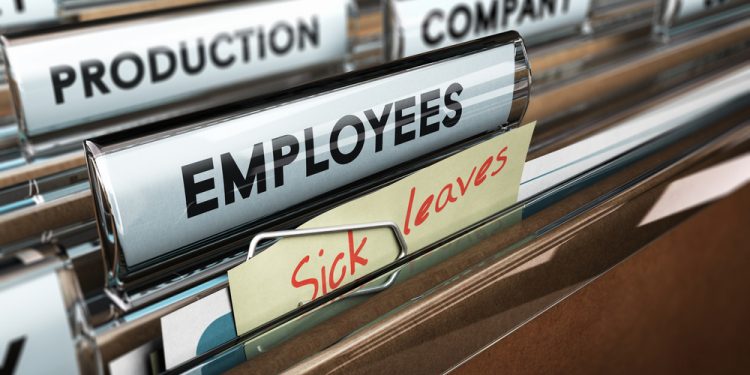The Labour government has announced plans to change sick pay rules, to ensure the UK’s lowest paid workers receive up to 80 per cent of their weekly salary from their first day off work.
Currently workers have to be ill for more than three consecutive days to qualify for statutory sick pay, and the also need to earn at least £123 a week, meaning some of the lowest paid workers miss out altogether.
The government says the changes will mean about 1.3m people on low wages who fall ill will receive either 80 per cent of their average weekly earnings or statutory sick pay – which is currently £116.75 per week – whichever is lowest.
These proposed changes were welcomed by both the Trade Unions Congress (TUC) and The British Chambers of Commerce, which said this was a “fair compromise”. However it expressed concerns that allowing sick pay from day one could increase absenteeism in the workplace, create additional problems for employers, particularly smaller firms.
The change was also welcomed by income protection provider Unum. Head of product proposition Clare Lusted says: “The Government’s proposal to extend Statutory Sick Pay (SSP) eligibility to lower earners and align the replacement ratio with typical earnings represents a promising first step.”
However Lusted said Unum would like to see more radial changes, which would include incentivising firms to invest in workplace health support. “Our 2022 report ‘Statutory Sickness Support’ set out proposals for reforming SSP for everyone’s benefit including a conditional employer rebate of sick pay costs to employers who were able to demonstrate that they were effectively managing sickness absence and a financial incentive to purchase workplace health support solutions which were backed in the government’s view by strong evidence.
“Access to professional return-to-work support enables employees to experience shorter absences and gain substantial long-term benefits, including improved financial stability, health, and overall wellbeing. This reform would, in turn, benefit employers and the State.
“Group protection policies and the added-value services they can provide are valuable to employers to help manage their employees’ health and wellbeing.
“Better-managed wellbeing at work can improve workplace participation and performance by keeping employees healthy and productive.”





